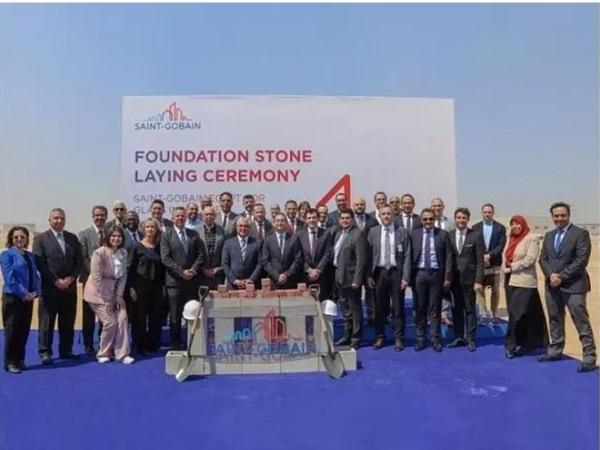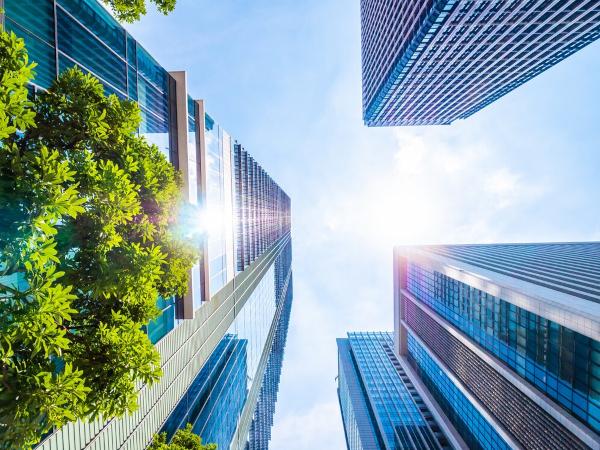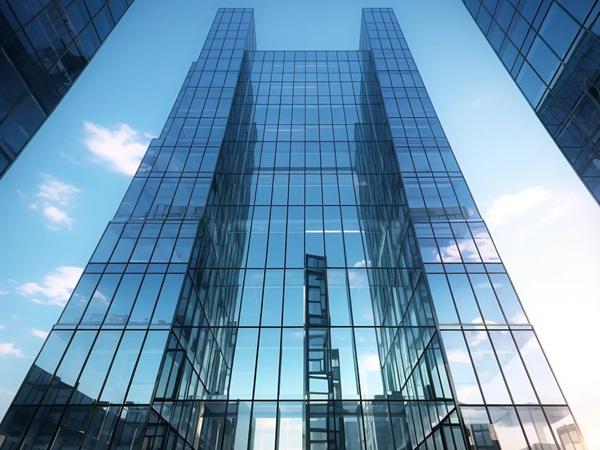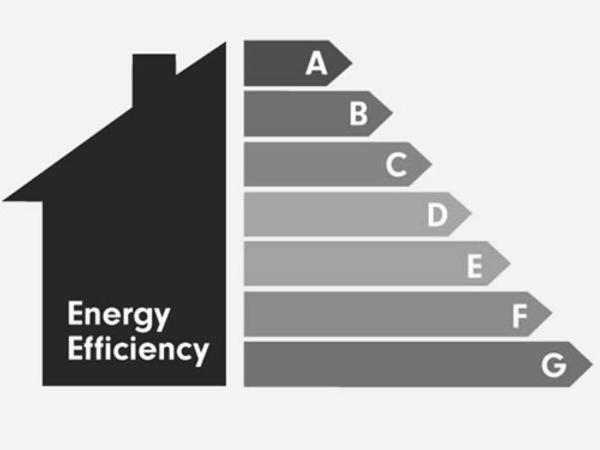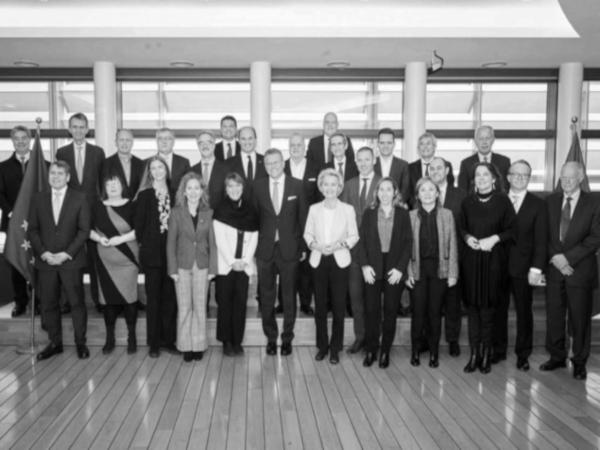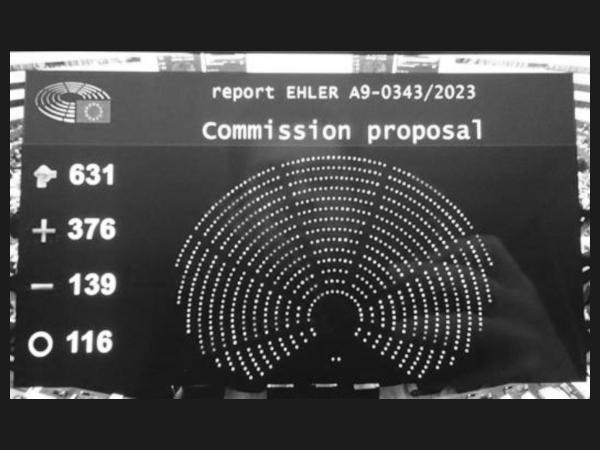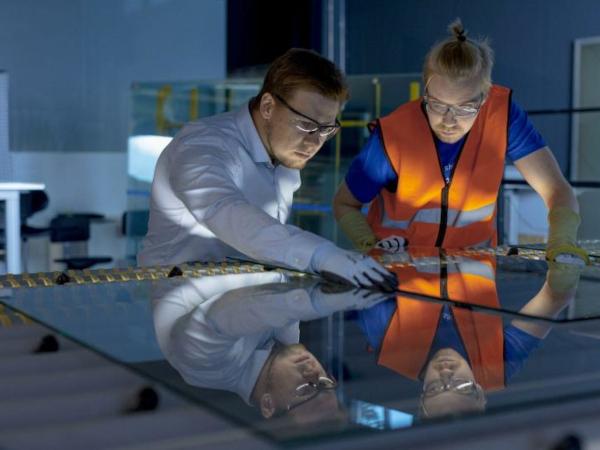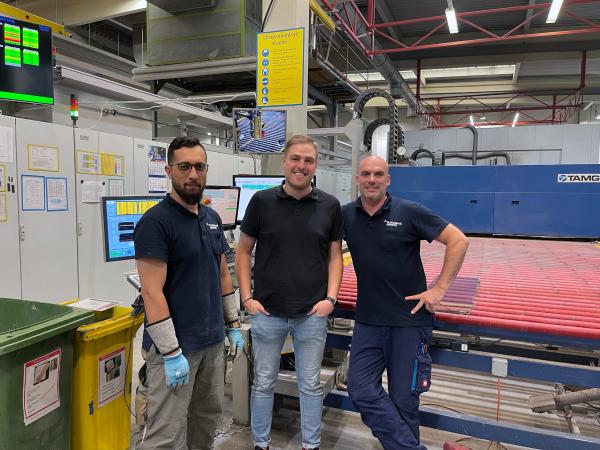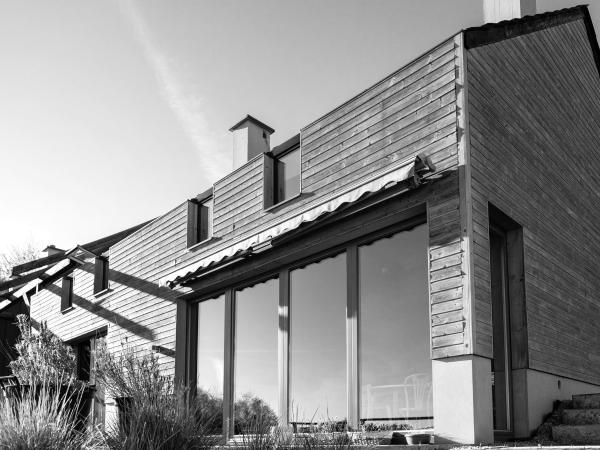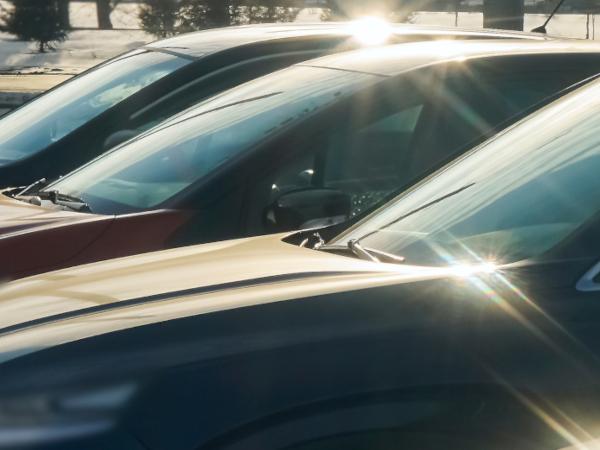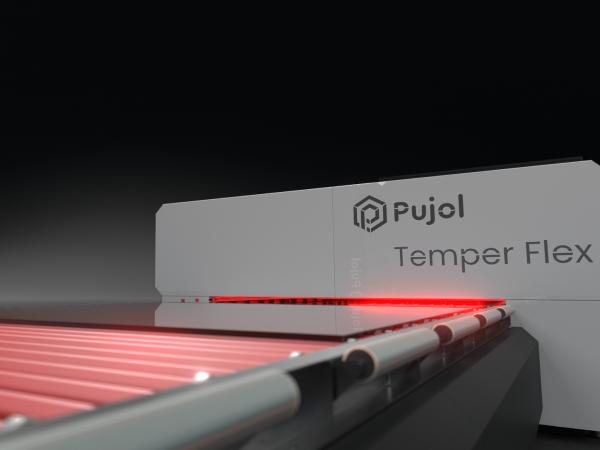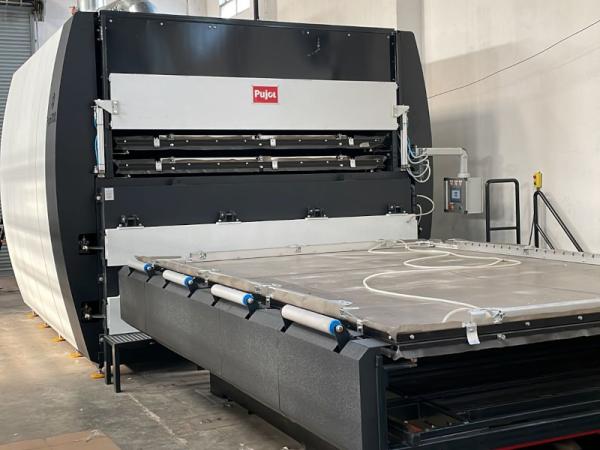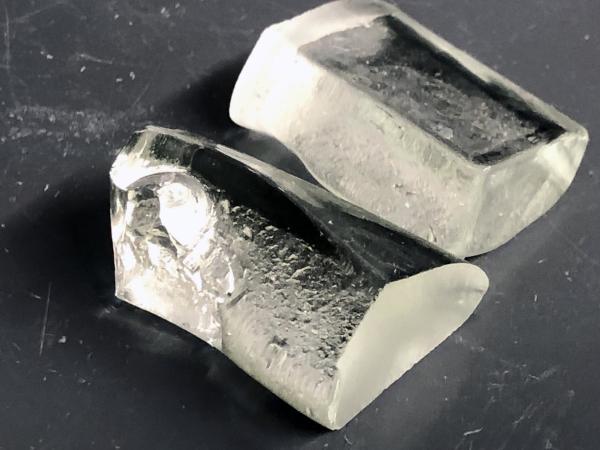Others also read
The Ain Sokhna float plant in Egypt will see its capacity increased with the construction of a second flat glass production line.
In addition to the five-part video series, Glass for Europe is thrilled to unveil a two-pager Manifesto outlining its priorities and policy recommendations for the 2024-2029 mandate of the European institutions.
Enhanced solar control glass with exceptional performance
The plenary session of the European Parliament has voted in favor of the recast Energy Performance of Buildings Directive, one of the final texts of the ‘Fit for 55’ package.
Secondary glazing involves installing an additional windowpane on an existing window to improve insulation.
Energy Star, a trusted symbol for energy efficiency, extends its influence on windows, offering consumers a reliable benchmark for making environmentally conscious choices.
Transitioning energy intensive industries towards 2040 urgently requires the currently missing enabling conditions for a European business case.
In the ever-evolving landscape of sustainable living and energy efficiency, the Glass for Europe manifesto for 2024-2029 emerges as a guiding light towards a greener future.
In 2023 Sparklike did a customer survey to understand its customers better. This included insight how Sparklike devices are perceived and what are the drivers to purchase.
NorthGlass moved towards a sustainable future
Following the fourth interinstitutional meeting which took place on 7 December, EU co-legislators reached a political agreement on the revision of the Energy Performance of Buildings Directive.
Yesterday, Glass for Europe’s Chairwoman Joana Arreguy from Saint-Gobain participated in the EU Clean Transition Dialogue on industry with EC President and Executive Vice-President.
On November 21, the European Parliament has adopted its position on the Net-Zero Industry Act with 376 votes to 139 and 116 abstentions.
Understanding the benefits of triple pane windows - a deep dive into insulating glass units and energy efficiency.
A new vision for the North American Market has led Tecglass to expand its commercial and logistical services.
Now is the time to focus on energy efficiency, quality and automation with every piece of glass processed.
High-performance glazing could save up to 37% of the total energy consumption from the EU building stock by 2050!
The new Fenzi AGT technology revolutionizes automotive glass enamels, reducing costs and energy consumption.
ESMA Academy on 14-16 November 2023 explains and reviews inkjet’s strengths such as sustainable output, personalisation capabilities, precision and quality properties.
This year at Vitrum you can see the future of the glass industry
Glass and glazing industry technical leaders gathered at the NGA Glass Conference: Tacoma, July 25-27.
Pujol 100 PVB+ has not only helped to reduce investment costs but will also allow significant savings in costs derived from a higher energy efficiency.
Worldwide, glass manufacturing produces at least 86 million tons of carbon dioxide every year. A new type of glass promises to cut this carbon footprint in half.

